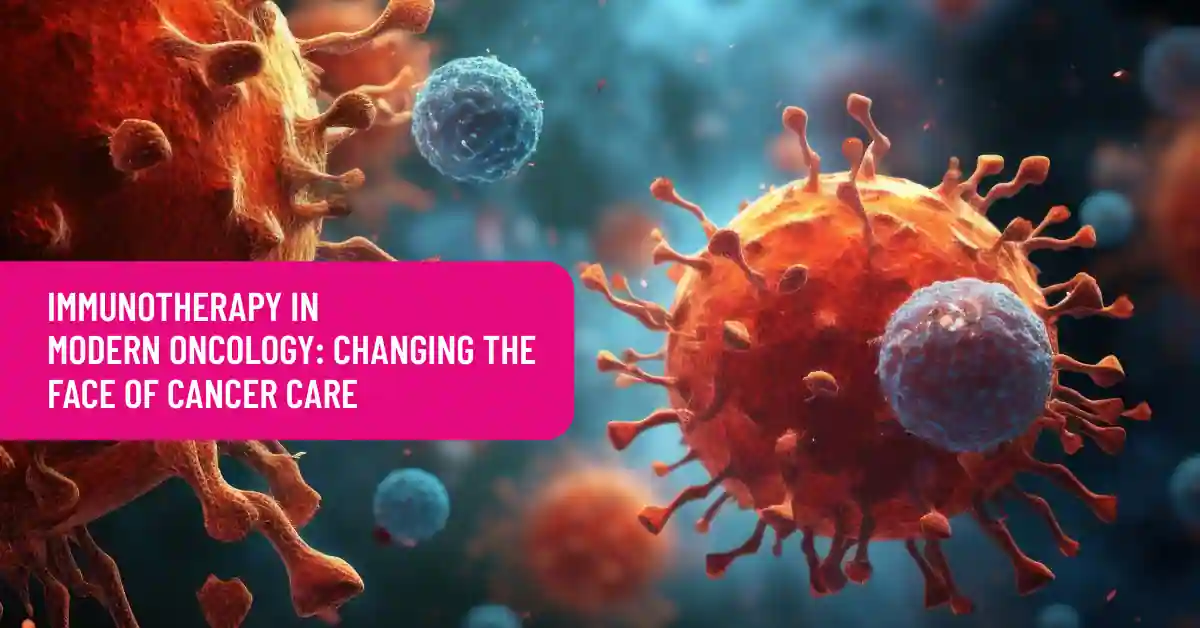Unlocking the Power Within to Fight Cancer
Cancer, once considered an unstoppable force, is being met with new and powerful treatments that harness the body’s own defense mechanisms. At the forefront of this revolution is immunotherapy, a treatment approach that uses the patient’s immune system to recognize and attack cancer cells. While the concept may seem simple, its impact is profound, reshaping outcomes for many types of cancers that were once deemed incurable.
What is Immunotherapy?
Immunotherapy refers to a broad category of cancer treatments that stimulate or restore the immune system’s ability to fight disease. Unlike traditional treatments like chemotherapy or radiation, which directly target cancer cells, immunotherapy boosts the body’s natural defenses to identify and eliminate malignant cells.
There are several types of immunotherapies, including:
- Checkpoint inhibitors: These drugs release the “brakes” on immune cells, allowing them to recognize and kill cancer cells more effectively.
- CAR T-cell therapy: A type of cell therapy where a patient’s T cells are genetically modified to attack cancer.
- Cancer vaccines: These aim to train the immune system to recognize specific tumor-associated antigens.
- Monoclonal antibodies: Lab-made molecules that can bind to specific targets on cancer cells, marking them for destruction.
- Cytokine therapies: Proteins like interleukins or interferons that enhance the immune response.
Why Immunotherapy Matters
Cancer often develops sophisticated ways to “hide” from the immune system. It may produce proteins that suppress immune activity or create a local environment that is hostile to immune cells. Immunotherapy helps dismantle these defenses, re-arming the body’s own surveillance and attack systems.
For patients, this can mean:
*Longer survival even in advanced stages of cancer.
*Fewer side effects compared to conventional chemotherapy in many cases.
*Durable responses, where some cancers remain in remission for years after treatment.
Real-World Impact
Immunotherapy has already transformed the standard of care for several cancers. For instance:
* In melanoma, immunotherapy has significantly improved 5-year survival rates.
* In lung cancer, especially non-small cell lung cancer (NSCLC), checkpoint inhibitors like pembrolizumab are now frontline therapies.
* In bladder, kidney, head and neck, and certain blood cancers, immunotherapy has opened doors where chemotherapy often fell short.
Even more exciting, new research is showing promise in traditionally difficult cancers such as pancreatic and brain tumors, with clinical trials exploring combination strategies and newer immune-based agents.
A Human Story of Hope
For many patients, immunotherapy is not just a treatment, it’s a second chance. Stories of patients with stage IV cancers who have achieved remission or long-term disease control underscore its transformative potential. While it doesn’t work for everyone, ongoing research aims to identify who will benefit most and how best to combine it with other therapies.
What’s Next?
The future of immunotherapy lies in personalization—matching the right treatment to the right patient. Advances in genomics, molecular profiling, and AI-driven diagnostics are helping oncologists design more effective immune-based strategies. Moreover, understanding and managing side effects, often related to an overactive immune response is crucial for safe delivery.
At the same time, access and affordability remain pressing concerns, and efforts are underway globally to ensure these breakthroughs reach all who need them.
A Highlight of VIPOS 2025
These cutting-edge topics in immunotherapy and its integration into precision oncology will take center stage at VIPOS 2025, a premier conference that brings together global experts to explore the evolving landscape of cancer treatment. With dedicated sessions, real-world case discussions, and visionary insights, VIPOS 2025 will spotlight how immunotherapy is not just a trend, but a transformative pillar of modern oncology.
Whether you’re a doctor, a caregiver, a patient, or simply someone who cares about the future of cancer care, immunotherapy offers a message of progress, resilience, and most importantly, hope.


